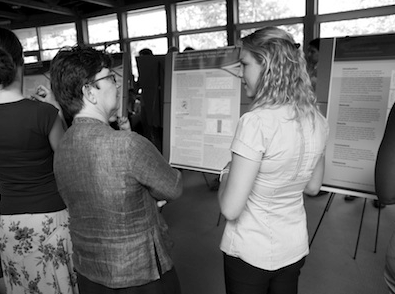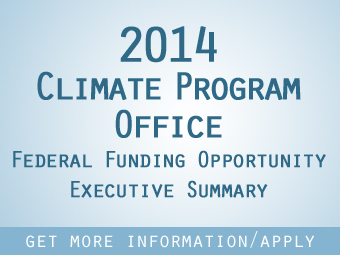Researchers funded by NOAA’s International Research and Applications Project (IRAP) convened a workshop in San Juan, Puerto Rico on March 28-29, 2019 on building public health resilience to severe weather in a changing climate.
As stated in the newly released workshop report, the purpose of the event was to identify opportunities for integrating weather and climate science into public health decision making, with a focus on Puerto Rico. A total of 29 participants attended the workshop, including representatives from civic organizations (e.g., Heart to Heart International), academia, federal and state agencies (e.g., NOAA/NWS, CDC, FEMA, EPA, PR Department of Public Health) and members of the interdisciplinary research team and their collaborators (University of Puerto Rico, University of Arizona, Tulane University, IRI, CIMH, University of Colorado).
Public health concerns influenced by weather and climate addressed by the workshop included respiratory diseases (e.g., asthma, COPD), heat stress-related diseases (e.g., cardiovascular disease), vector-borne diseases (e.g., dengue, Zika), and mental health. Stakeholders expressed a need for better access to tailored information for decision-making in public health and expressed a desire for disease surveillance and warning systems to be supported with climate information, for example, by establishing climate thresholds for disease transmission and outbreaks. Participants identified a suite of specific information needs that will be considered as candidates for the co-production of knowledge and decision support resources by the research team and their collaborators in the climate and public health communities. One example of an area being explored by the group is to augment, test, and/or provide feedback on existing heat-related tools developed in the medical community to support existing community efforts.
This activity is one of six grants awarded by IRAP in FY 18 which are designed to inform planning and prevention focused on weather and climate-sensitive health risks to U.S. economic, development, scientific and safety interests at home and abroad.




